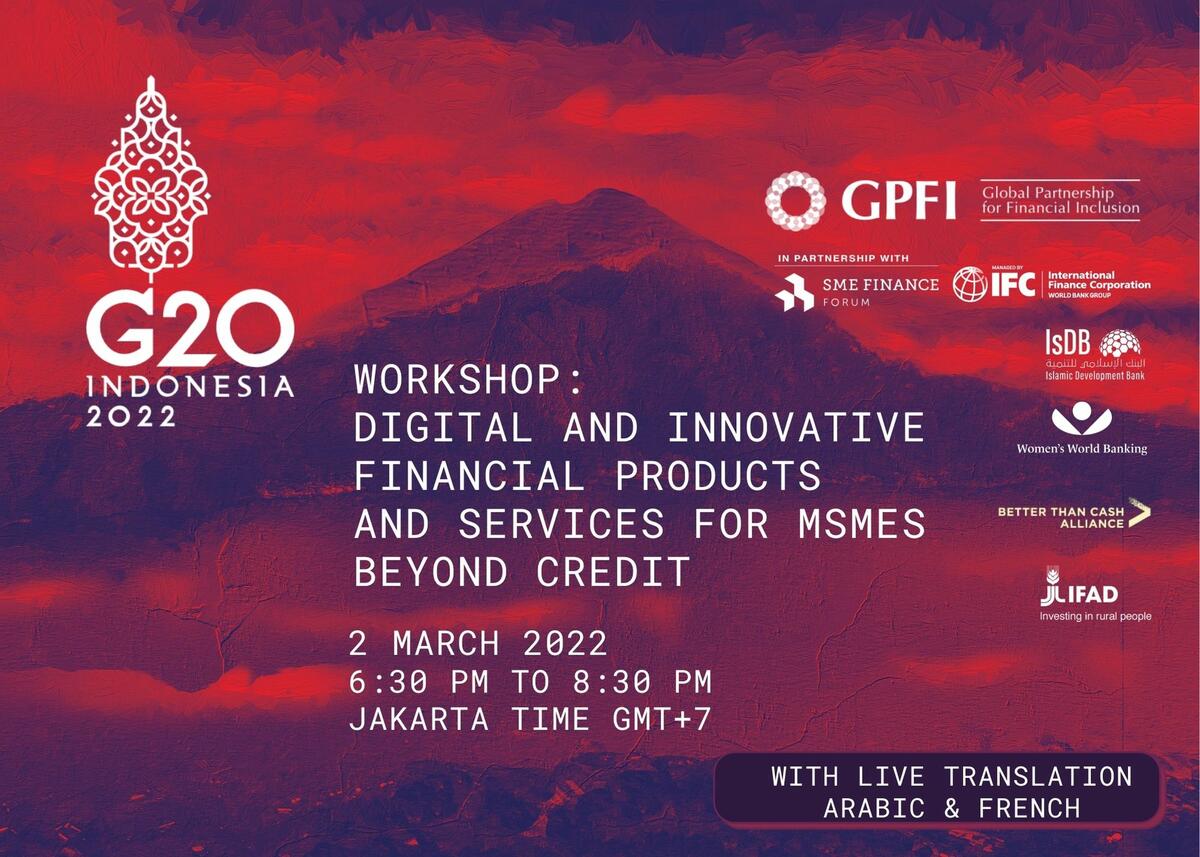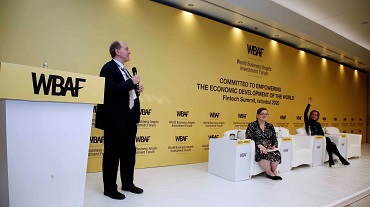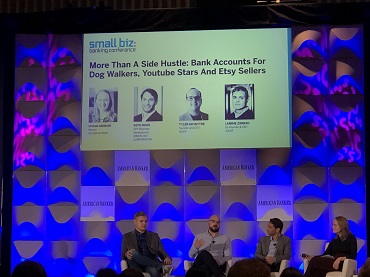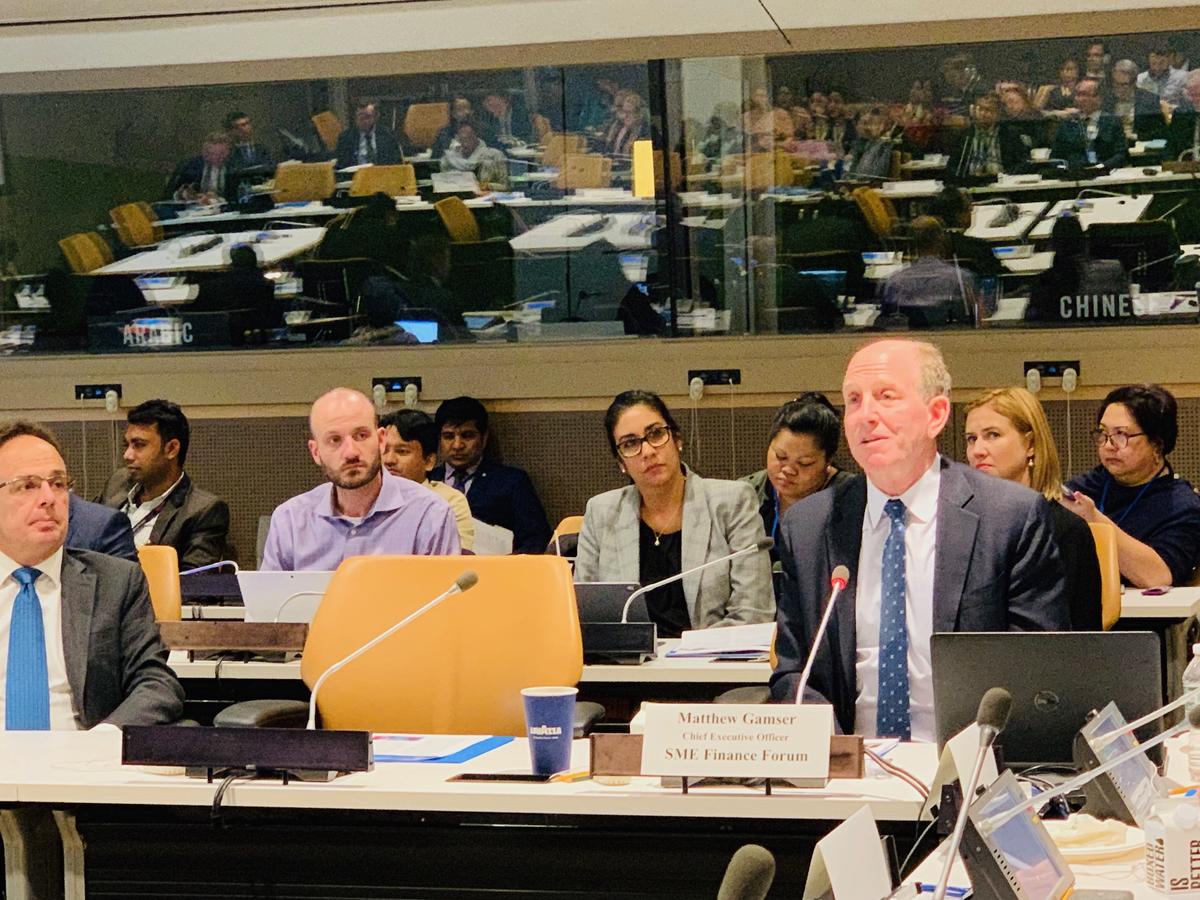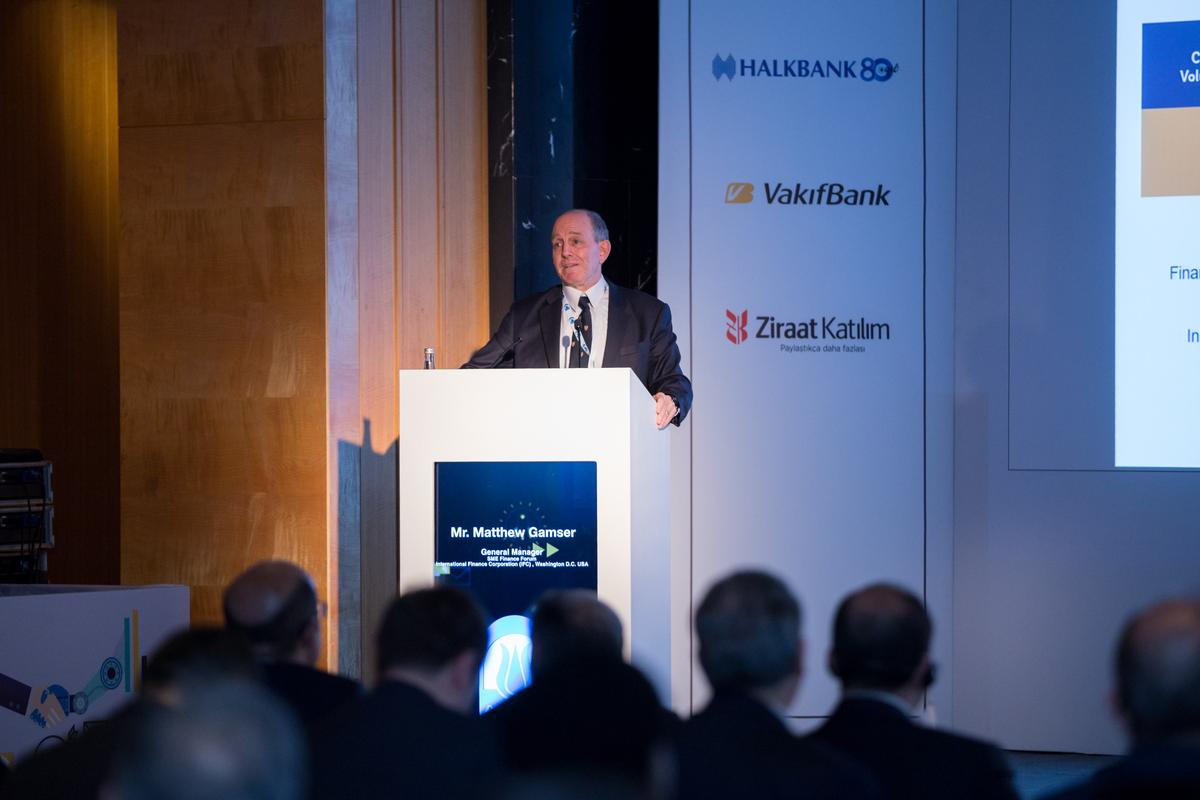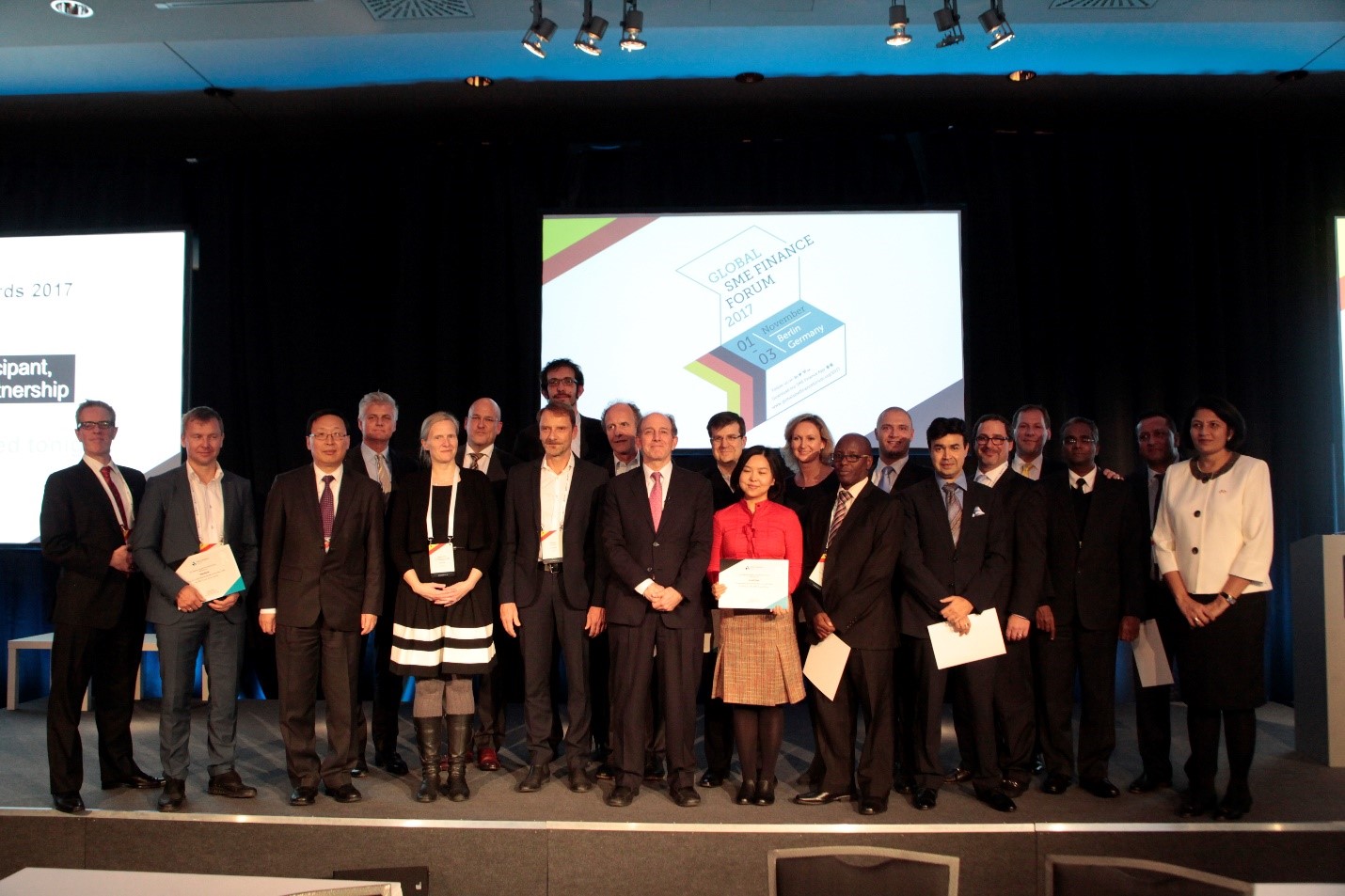Blog
The Essential Ingredients for Financial Inclusion

Technology and mobile penetration have revolutionised access to finance. The mobile phone, and the ability to transfer money digitally has helped give millions access to financial services. The phones have become ‘financial receptacles’ that can be used to perform safe and secure transactions giving people access wherever they are.
However, access is just the necessary first step on the road to financial inclusion. While people don’t have to physically go to the bank to transact or send money, the recipients on the other end of the transaction may still need to pick up the money at an agent who has to manage the cash. The recipients may need to make all subsequent transactions in cash, so they take all the transfer out, with all the security and lack of traceability/accountability that entails.
Real inclusion is a different animal. It means having a proper infrastructure in place, to ensure connectivity, equip as many people as possible with a smartphone and have an open system to integrate with a broader range of solutions so that more and more small transactions can occur not in cash, but electronically. This takes time to develop. Eventually, individuals and small businesses need to get access to a range of financial products beyond just sending cash that meet their actual demands.
To create customer centric products, we need to change the way we design and deliver digital financial services. Currently, a lot of mobile phone products are inferior, they are too complicated, requiring more financial literacy than the customer has. Essentially, it’s about working with users and continuously collecting their feedback without getting too distracted with operational efficiency and optimised technology. The danger is that the financial sector could fall into the same trap as other industries: “optimising” its system - as far as the financial engineers are concerned - without checking on the real-time client experience in the field.
Listening to informed customers leads to better products. Tough customers lead to good designs. This means financial inclusion needs to be combined with improving financial education and literacy. We need to teach people how to understand and use the technology that is available to them...if we are going to build a superhighway, we need to teach people how to drive. We need to learn from the new drivers to improve the roads.
Above all we need to remember: financial inclusion is just the oil for the machine, but it is not the machine. There needs to be something real going on in the economy, and physical infrastructure to hold things together– finance on its own it is not enough. Networking is essential in helping this process. It’s the way to link finance to real economy activities.
With the SME Finance Forum, I have seen the power of shared learning and partnership. There is no need to reinvent the wheel. Through our work we’ve brought innovators from banks, fintechs and development banks together to compare notes, to stay ahead of industry trends and keep pace with the market. This accelerates learning and progress. Also, even if you think you are operating locally, you need to know what is going on globally and have external information about industry trends to give your clients true inclusion.
This blog post was originally published by Mambu in the run up to Global SME Finance Forum 2017, which will take place in Berlin, November 1-3.




